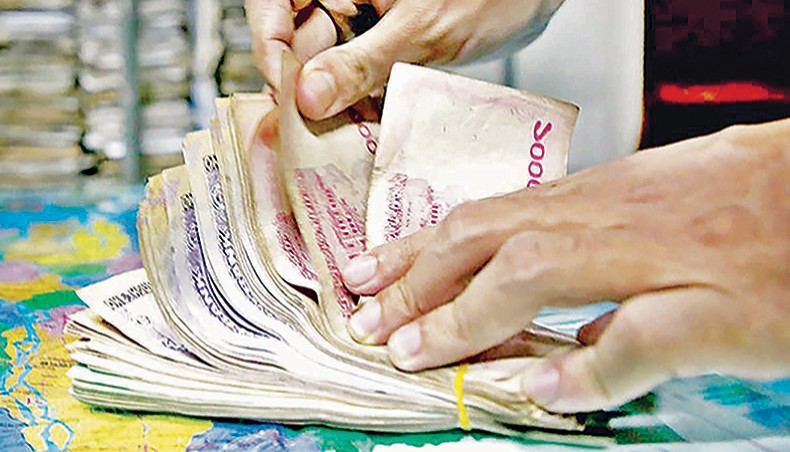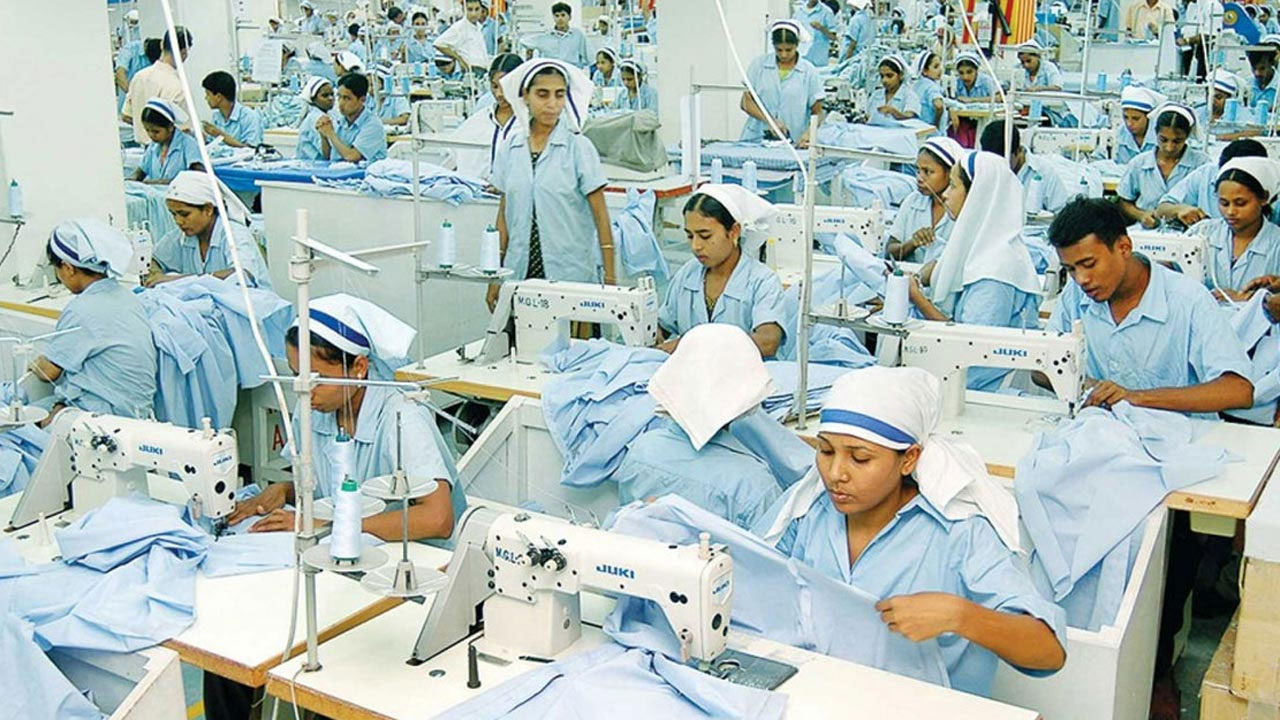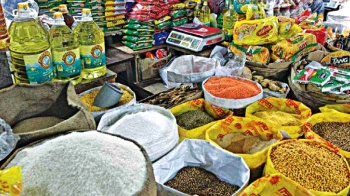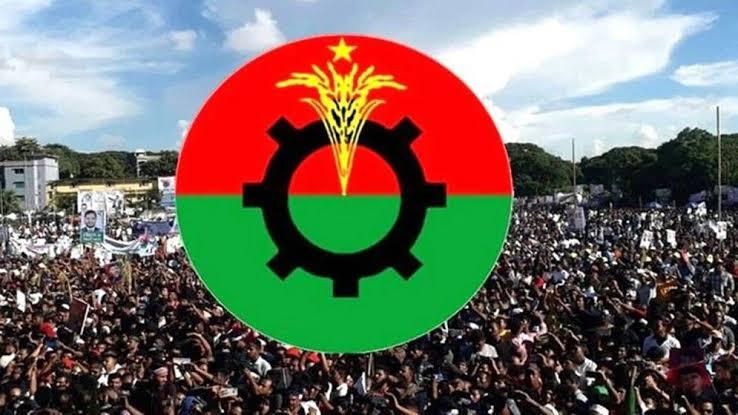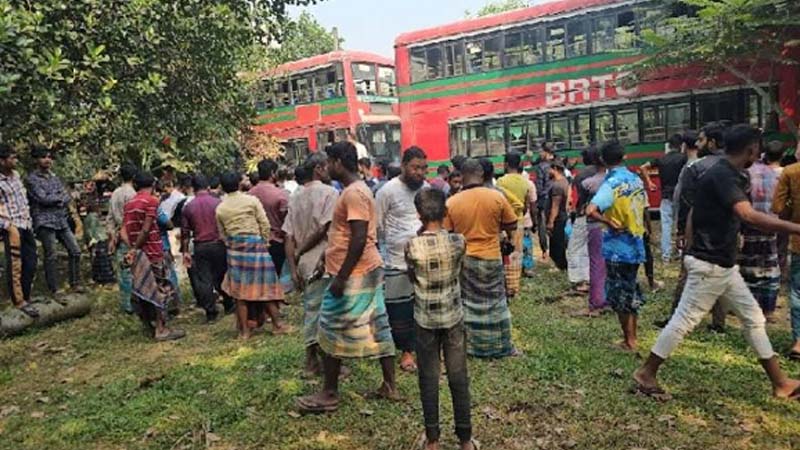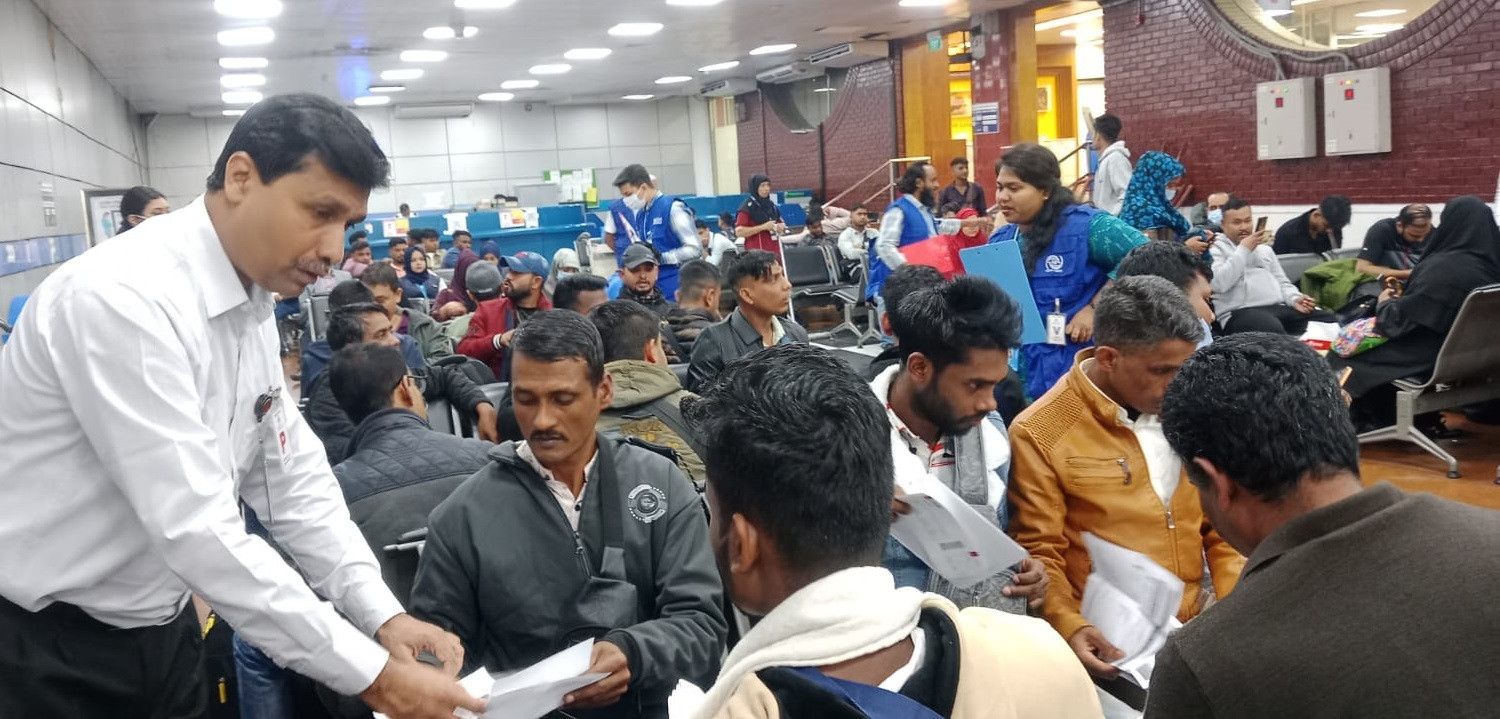The weighted average call money rate in the country’s banking system dropped to a two-year low with the rate remaining below 2 per cent for the last one month amid poor credit demand against injection of additional money by the central bank to boost the country’s economy following the coronavirus outbreak.
Due to excess liquidity supply, banks were lowering the interest rate of deposits further to keep their profit margins intact, said experts.
As per the Bangladesh Bank data, the weighted average call money rate dropped below 1.92 per cent on November 5, 2020 for the first time after August 9, 2018.
The rate later rebounded to 2 per cent and remained above it till November 14 before dropping to 1.84 per cent on November 15 and remaining below 2 per cent since.
During this period, the highest and lowest interest rates stayed between 5.25 per cent and 1 per cent.
From November 15 to December 15, the banks’ daily borrowings from the call money market ranged between Tk 3,600 crore and Tk 5,300 crore.
In August, the banks’ daily borrowings from the call money market ranged between Tk 7,000 crore and Tk 9,200 crore.
Bankers said that demand for funds by businesses had remained dismal after the coronavirus outbreak in March, causing investors to become jittery about making fresh investment decisions.
The country’s trade sector also had a poor business outlook which is why credit demand from the sector also dropped sharply, they said.
The second wave of the coronavirus at home and in the country’s export destinations was another reason behind the drastic fall in credit demand, said the bankers.
In October, private sector credit growth dropped to 8.61 per cent against the central bank’s projection to attain 14.8 per cent growth in FY21.
Apart from demand for money in the private sector, the government’s borrowing from the banking sector remained far below its projection to take around Tk 84,980 crore in loans in the current fiscal year 2020-2021.
Against the projection, the government borrowed Tk 2,950.49 crore in the July-November period while its borrowing from the banking system was over Tk 85,000 crore in the fiscal year 2019-2020.
However, excess liquidity in the country’s banking sector would be beneficial for businesses but would create problems for savers, including fixed income groups and retired professionals whose incomes are dependent on bank interests, they said.
Around Tk 65,000 crore to Tk 70,000 crore was injected into the market against the $9-billion increase in reserve from June this year.
Another Tk 70,000 crore was injected into the money market against the stimulus packages.
Apart from the local market situation, the lending situation on the global market has also been contributing to the pile-up of excess liquidity on the local market as many of the country’s businesses were taking loans from overseas banks at around 3.5 per cent.
Amid the excess liquidity supply in the banking system, the weighted average deposit rate in the country’s banking sector in September dropped to an all-time low of 4.79 per cent, much below the current inflation rate, and to 4.73 per cent in October.
Although the weighted average deposit rate has dropped to 4.73 per cent, many banks are offering around 2 per cent interest against their deposit products that may result in capital erosion given an inflation rate of 6.44 per cent in October, the highest in seven years.
At the end of August this year, excess liquidity in the country’s banking system increased to Tk 1,60,978.86 crore while the volume of excess liquidity was Tk 60,549.07 crore at the end of May a year ago.


